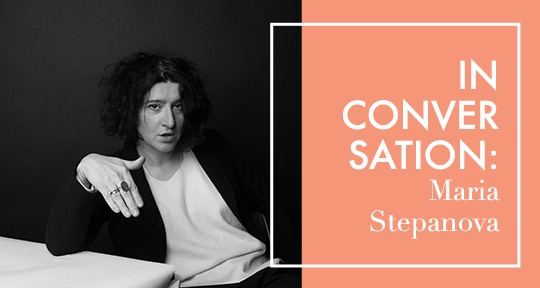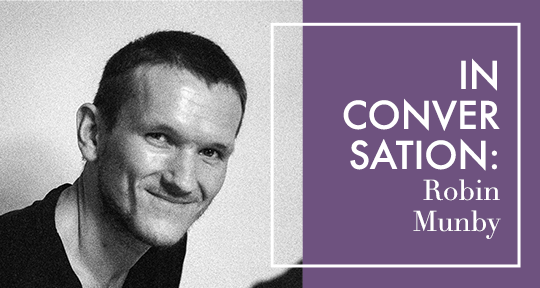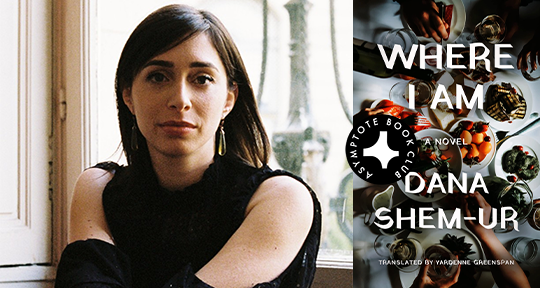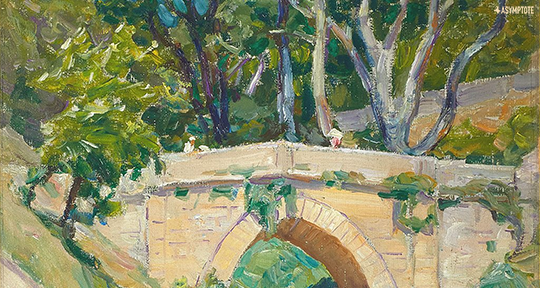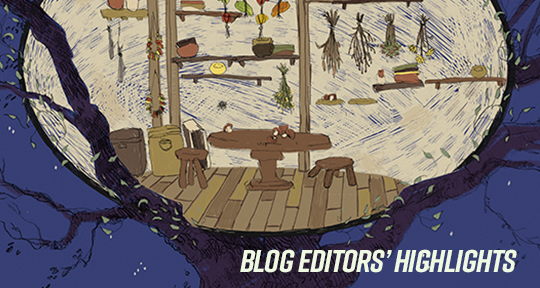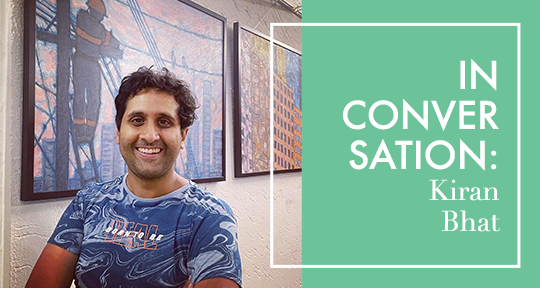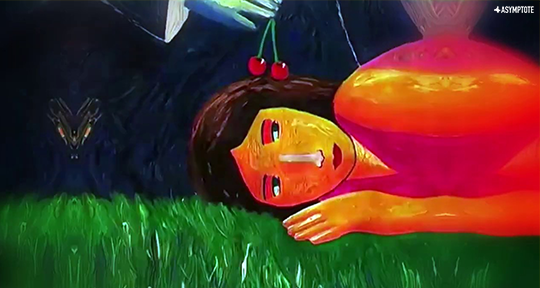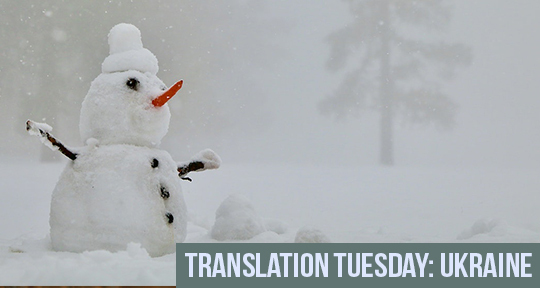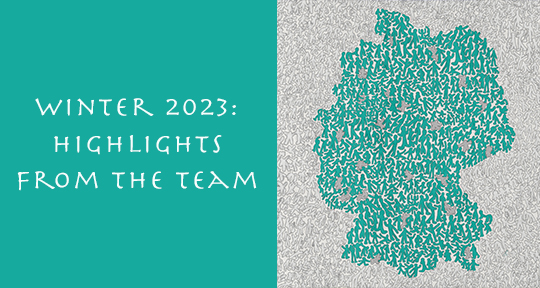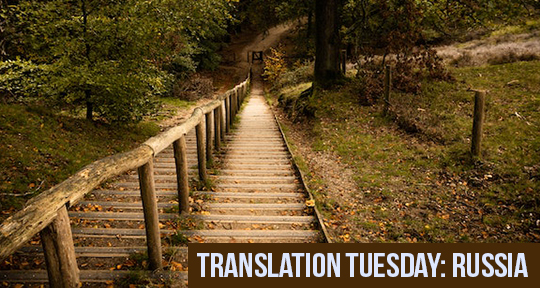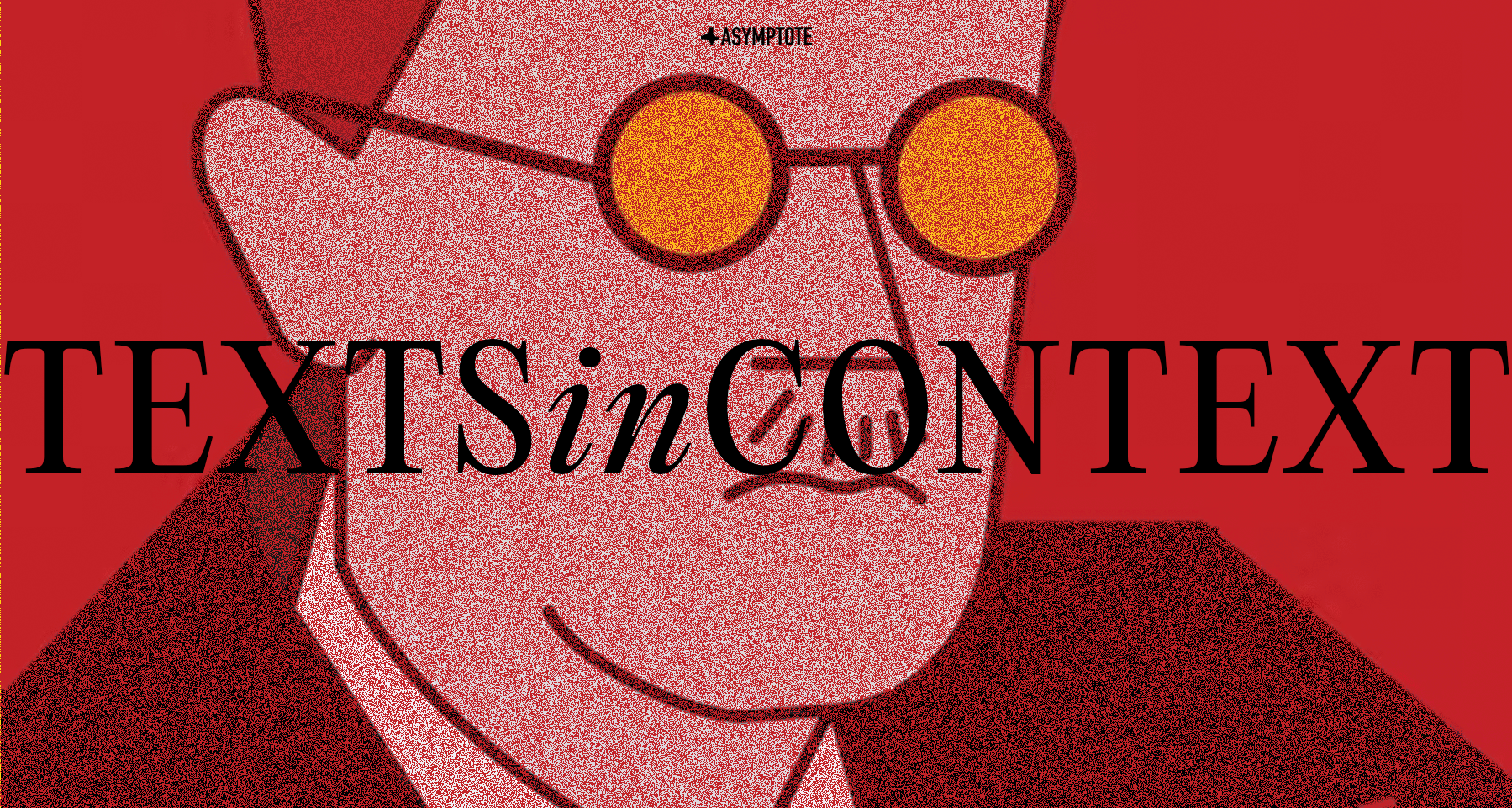Editor-at-Large for Palestine Carol Khoury will be the guest editor of a special issue of the Jerusalem Quarterly, titled “Write-Minded: Jerusalem in Literature”; check out her call for submissions here or email her for further details.
Newsletter Editor Cody Siler published an essay in the Los Angeles Review of Books about the impact of the American suspense writer Patricia Highsmith’s diaries on her critical reputation.
Chris Tanasescu aka MARGENTO, Editor-at-Large for Romania & Moldova, chaired in June the 5th edition of #GraphPoem at Digital Humanities Summer Institute, a “data commoning” hyper-platform performance involving hundreds of participants and watched by thousands of viewers online.
Nonfiction Editor Ian Ross Singleton translated four poems by Marina Eskina for Barzakh.
M.L. Martin has a new translation of the pre-10 c. Anglo-Saxon queer, feminist poet in the latest issue of Cordite.
Assistant Editor Megan Sungyoon‘s translation of The Cheapest France in Town by Korean poet Seo Jung Hak is scheduled to be published by World Poetry Books in October 2023.
Blog Editor Meghan Racklin’s essay on sore throats as illness and as metaphor was published in Full Stop and her review of The Light Room by Kate Zambreno was featured in The Brooklyn Rail.
Assistant Editor (Fiction) Michelle Chan Schmidt published a review of Owlish by Dorothy Tse, translated from the Chinese by Natascha Bruce, in Cha: An Asian Literary Journal.
Editor-at-Large for North Macedonia Sofija Popovska‘s Macedonian translation of the novella Im Kopf von Bruno Schulz by Maxim Biller was published in July by Makedonika Litera Press; additionally, “Thaumatropes”, a poetry collection she co-authored with Jonah Howell also appeared in July, published by Newcomer Press.
Copy Editor Urooj recently had two poems published in Gulmohur Quarterly‘s Issue 10, released in June 2023. They were also invited to share their poems at the Bangalore Poetry Festival, in Bangalore, India as one of four young, emerging poets in a panel called “Poems in Progress.”
*****
Interested in joining us behind the scenes? We’re still finalizing our mid-year recruitment drive—hurry and apply if you’d like to help power the world’s literature!


